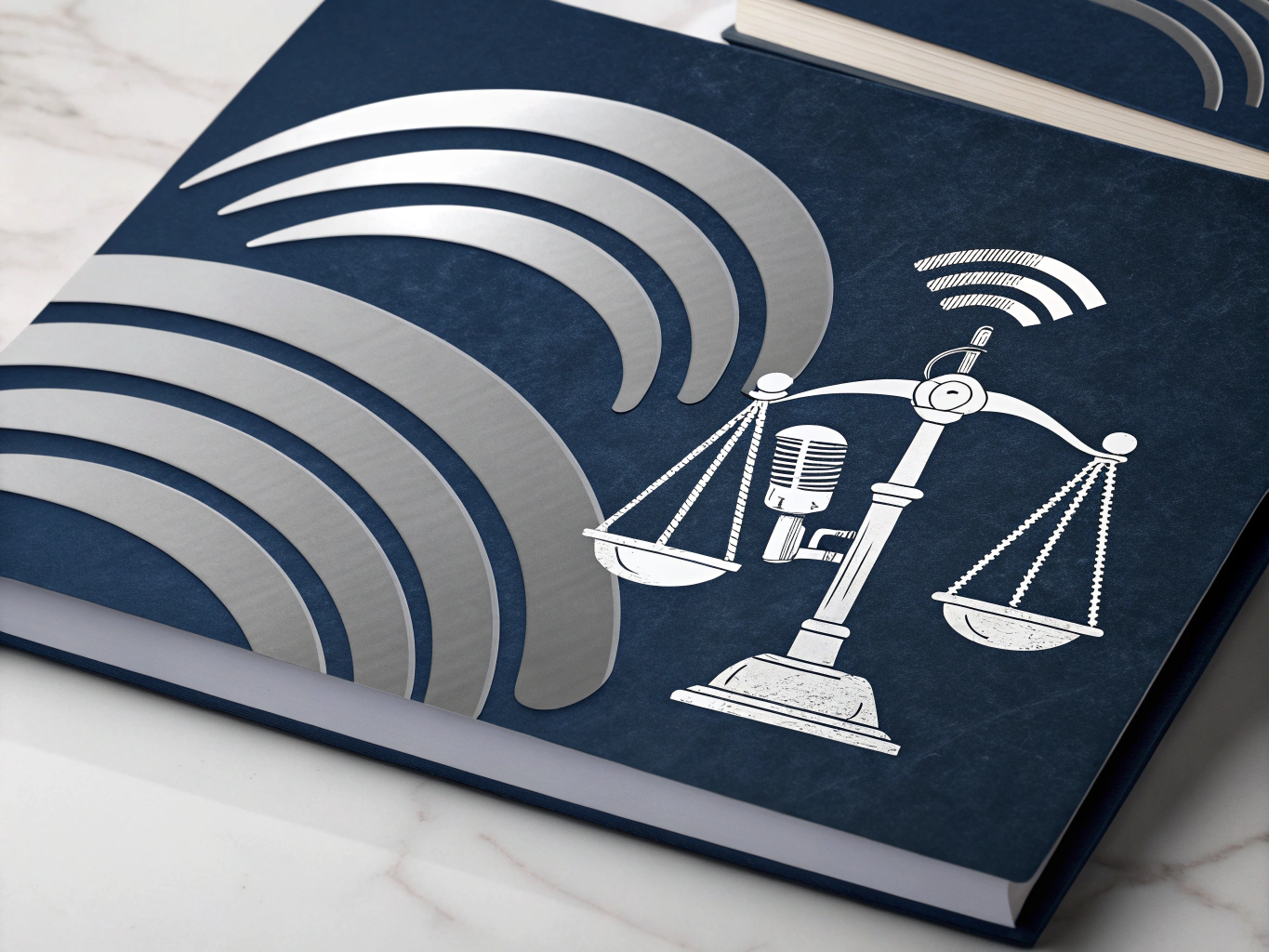Understanding the Shopify vs Etsy Decision
Choosing the right platform for your online business can be a pivotal decision that impacts your growth and strategy. As you delve into this decision-making process, you might find yourself comparing Shopify vs Etsy. Each platform brings unique features and potential business benefits to the table, and your choice should align with your aspirations and business model.
Shopify: A Platform for Independence and Customization
If you’re looking for a platform that offers expansive customization and control, Shopify might be your go-to choice. Shopify provides you with the ability to create a fully branded experience, giving you the tools to build a unique online store that reflects your brand’s identity. With Shopify, you can manage your inventory, payments, and shipping options all within a single platform.
Consider the data: Shopify powers over 1.75 million businesses worldwide, making it a robust choice for those who want to scale their operations. The platform’s extensive app ecosystem allows you to integrate a plethora of tools and services that can enhance your store’s functionality, from marketing automation to customer support. For a deeper dive into leveraging advertising on this platform, explore our Mastering Shopify Ads: A Storytelling Guide for Success.
One key advantage of Shopify is its scalability. As your business grows, Shopify grows with you, offering advanced features like Shopify Plus for high-volume merchants, ensuring you’re never limited by your platform.
Etsy: A Marketplace for Creative Entrepreneurs
On the other hand, Etsy appeals to those who thrive in a community-driven marketplace environment. Etsy’s focus on handmade, vintage, and unique factory-manufactured items makes it an ideal platform for artisans and creators. With over 90 million active buyers, Etsy provides immediate access to a broad audience interested in niche products.
The ease of use is another significant advantage. Setting up a shop on Etsy is straightforward, and the platform handles many of the technical aspects of running an online store. This simplicity allows you to focus on what you do best—creating and crafting your products.
However, Etsy’s marketplace model means you have less control over your store’s branding and design. Additionally, Etsy charges listing fees and takes a percentage of each sale, which can impact your profit margins. To understand the competitive landscape, consider reading Ecwid vs Shopify: Unraveling E-commerce Stories.
Strategic Business Considerations
When deciding between Shopify and Etsy, consider where you envision your business in the next five years. If you’re aiming for a fully customized brand presence with potential for significant growth, Shopify provides the infrastructure to support that vision. Conversely, if you prefer to start with lower upfront costs and leverage an existing audience, Etsy might be the better choice.
Financially, it’s crucial to weigh the costs associated with each platform. Shopify requires a monthly subscription, with additional costs for premium themes and apps. Etsy’s costs are primarily transactional, which can be advantageous if you’re just starting out but might become burdensome at scale. For insights on managing financial aspects, check out Shopify Sales: Unpacking the Business License Story.
Actionable Recommendations
To make the most informed decision, assess your business objectives, target audience, and growth plans. Consider starting with a pros and cons list for each platform, focusing on how each aligns with your business strategy. If possible, test both platforms with a small selection of products to gauge which aligns best with your operational style and customer base. For those considering retail expansion, the Shopify POS Review: A Story of Retail Transformation could provide valuable insights.
Ultimately, the choice between Shopify and Etsy depends on your unique business needs and goals. By aligning your platform choice with your long-term vision, you set the stage for sustainable growth and success in your entrepreneurial journey.
FAQs
Why are people moving from Etsy to Shopify?
People often move from Etsy to Shopify for greater control over their brand and online store. Shopify allows sellers to create a fully branded, standalone website without Etsy’s marketplace constraints. This move is particularly beneficial for sellers looking to expand their business, customize their store extensively, and manage all aspects of their online presence, from marketing to sales to customer data.
How much does Shopify take per sale?
Shopify does not take a percentage of your sales revenue as a commission but instead charges a flat monthly fee and credit card processing fees. The standard credit card rates range from 2.9% + 30¢ to 2.4% + 30¢ per transaction, depending on your plan. Additionally, if you use a payment gateway other than Shopify Payments, there is an additional fee ranging from 2% to 0.5% per transaction, also depending on the plan.
What is the downside of Etsy?
One of the main downsides of Etsy is the limited control over branding and customization. Since it is a marketplace, your shop’s appearance must conform to Etsy’s standard layout, making it challenging to stand out uniquely. Additionally, Etsy charges listing fees and takes a commission on sales, which can add up, especially for sellers with high volumes or low-priced items. There is also significant competition on the platform, which can make it harder for new sellers to gain visibility.
Which website is better than Etsy?
For sellers seeking more control over their brand and online presence, Shopify is often considered a better option than Etsy. It allows for greater customization of the store’s design and functionality. For those focusing on handmade or unique items but looking for an alternative to Etsy, platforms like Big Cartel or ArtFire can be excellent choices. They offer similar niche focuses but with different features and pricing structures, which might better suit certain sellers’ needs.
Checkout ProductScope AI’s Studio (and get 200 free studio credits)

